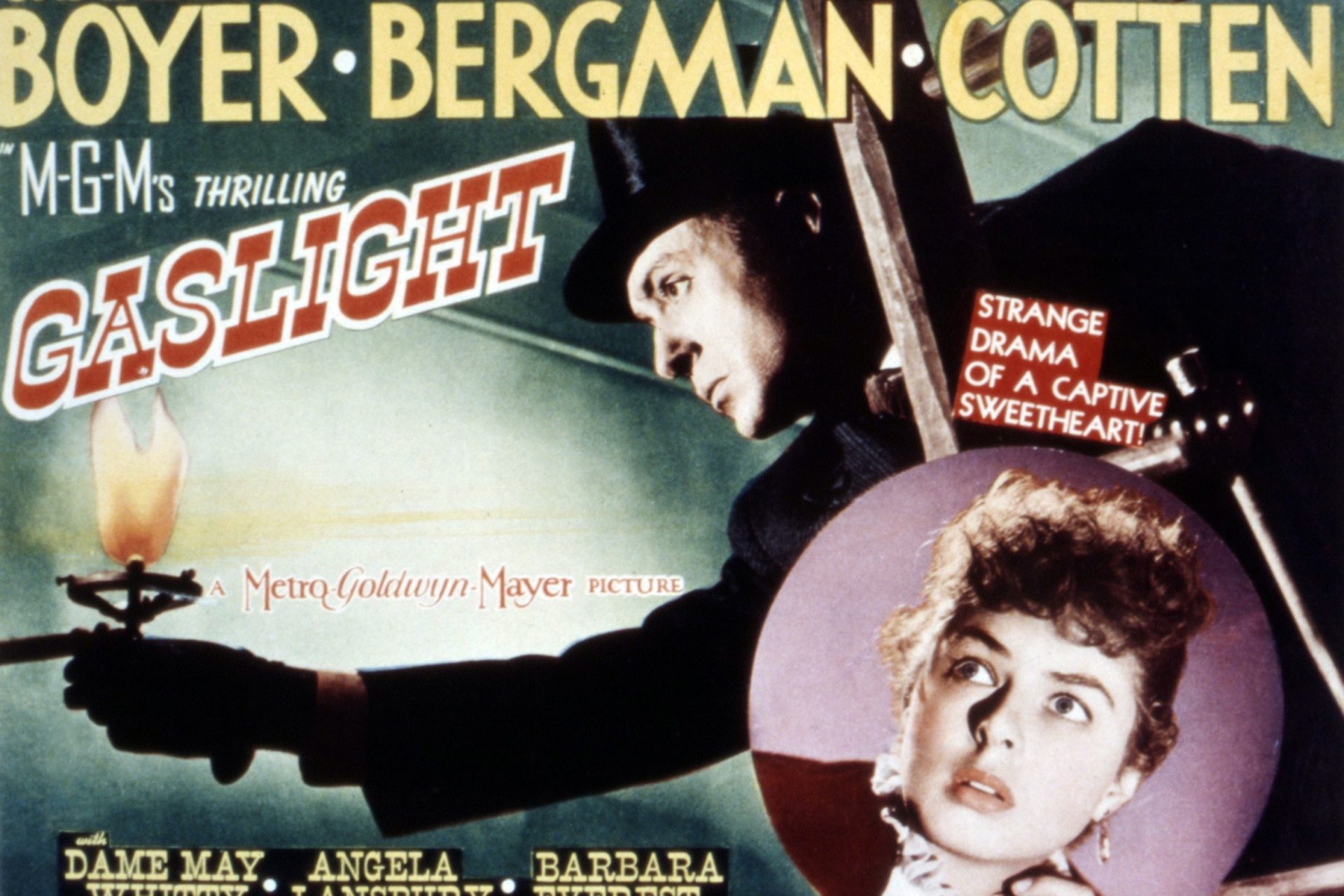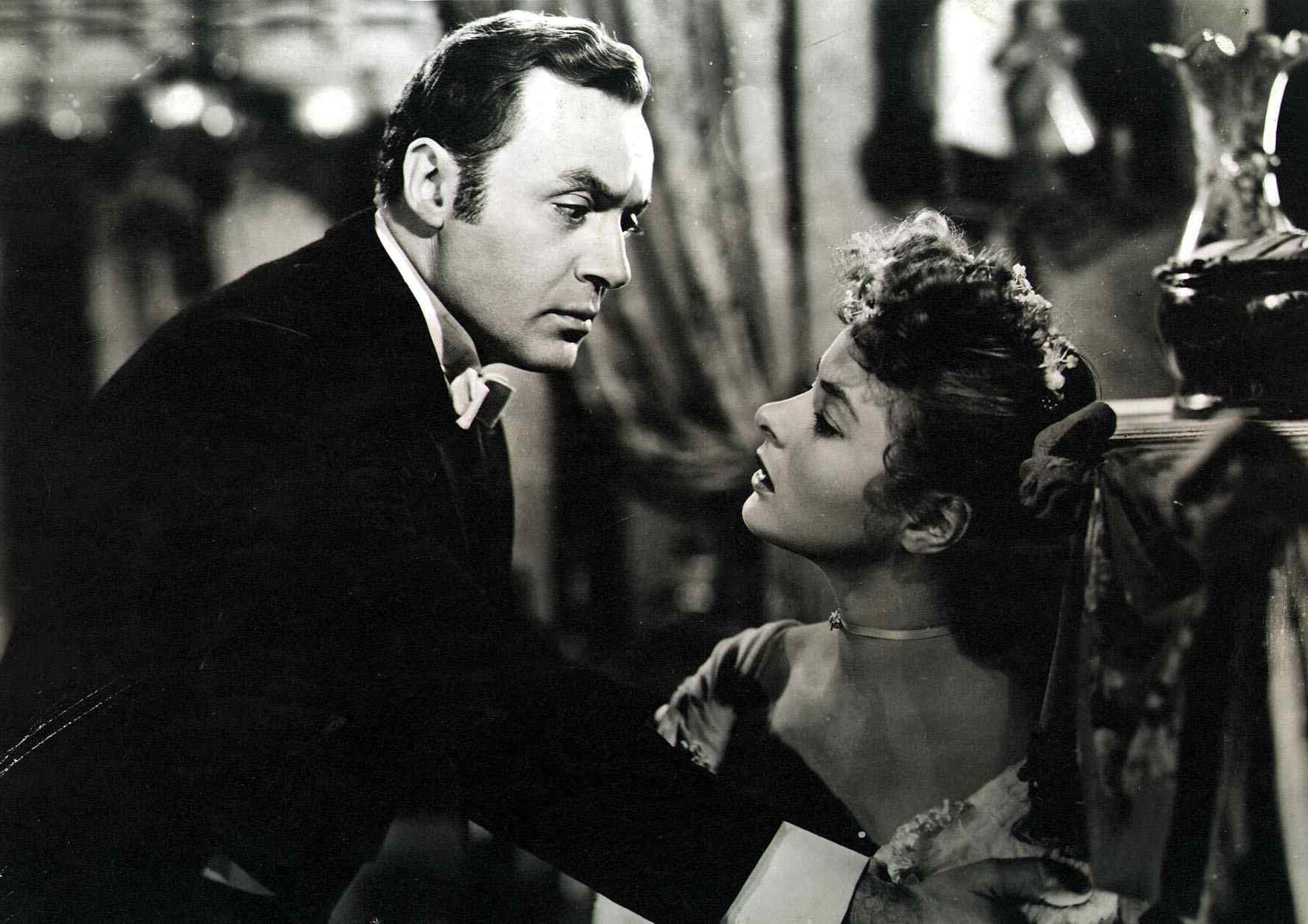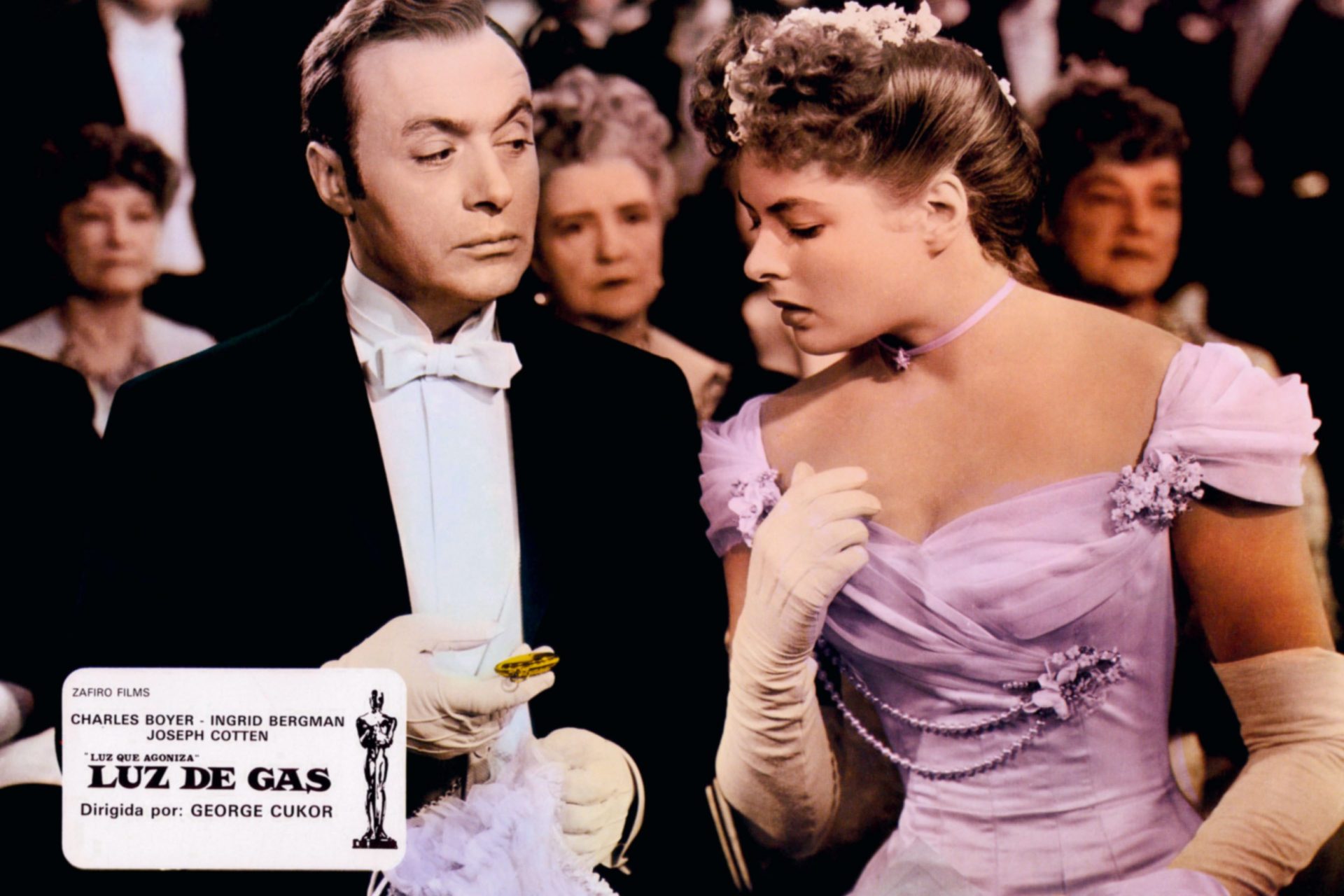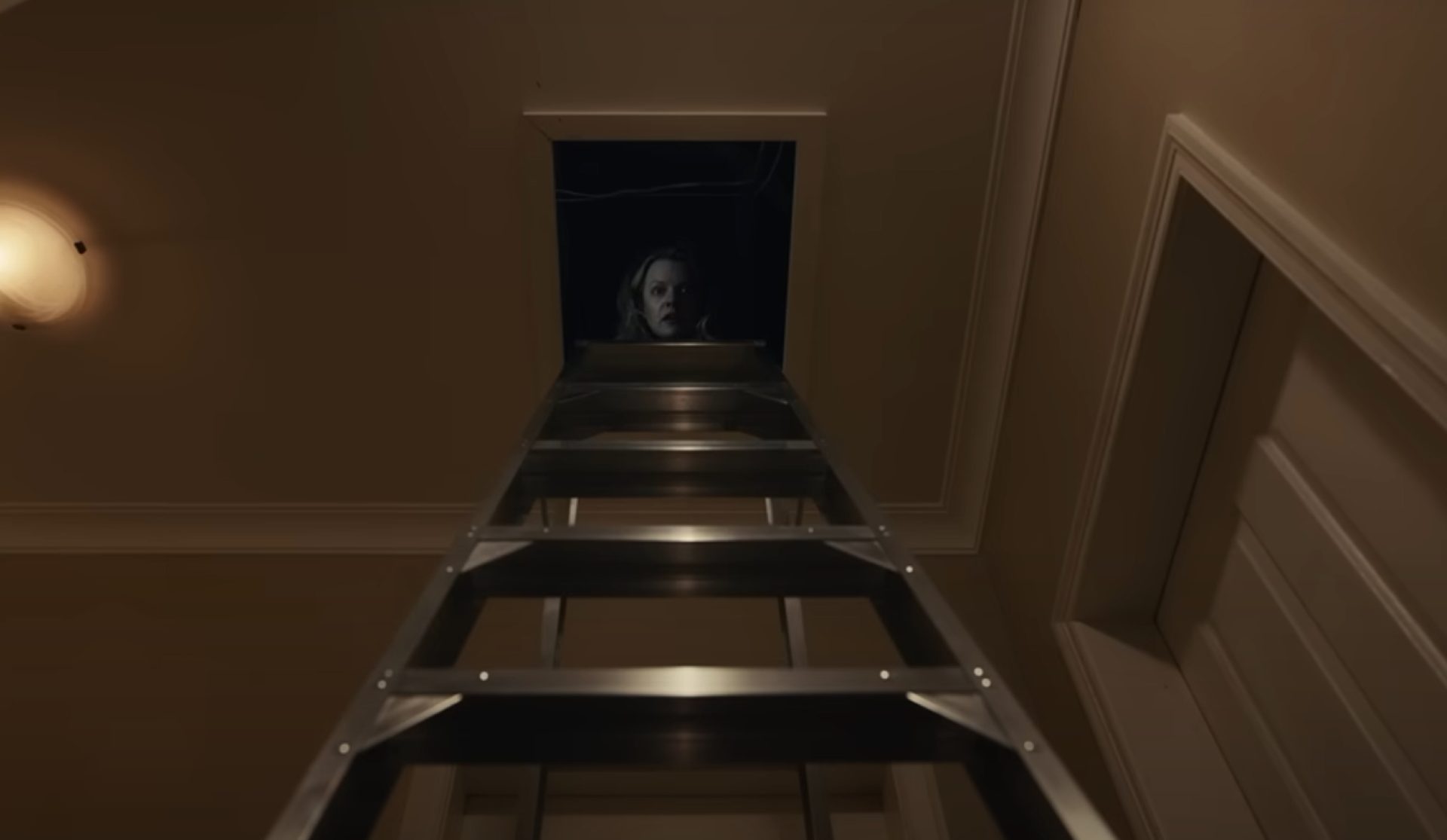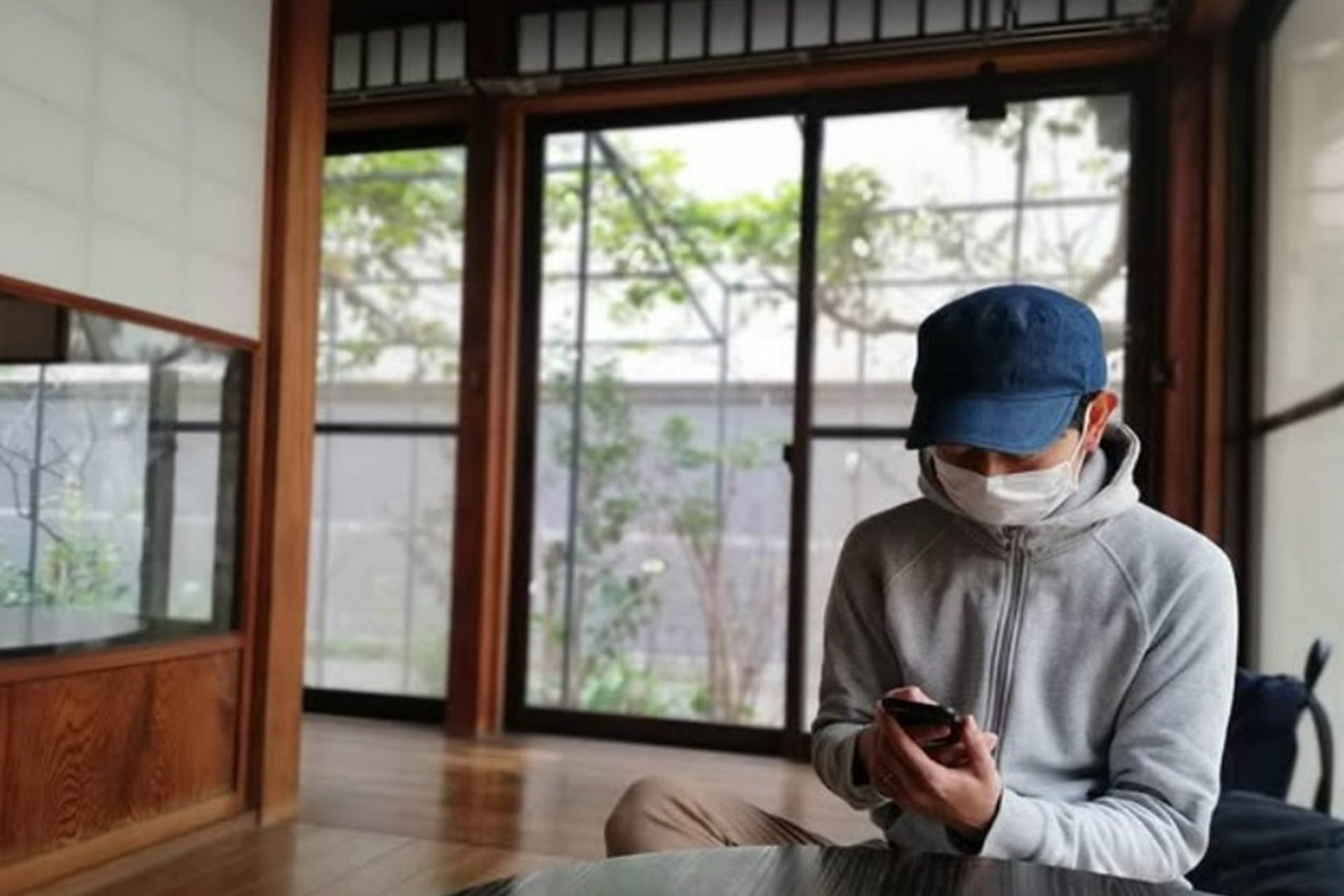Gaslighting: the cinematic origin of this buzzword and what it actually means
You may have heard this word a lot lately, as it’s made its way into the mainstream conversation. In 2022, the Washington Post even called it a “trendy buzzword,” frequently used to describe ordinary disagreements. But have you ever wondered about the origins of this odd term, or what the word really means? Read on to find out!
'Gaslight', a 1944 thriller directed by George Cukor, showcases a husband's attempt to drive his wife insane to distract from his criminal activities in Victorian London. Ingrid Bergman starred as the tormented wife, delivering an Oscar-winning performance, opposite Charles Boyer as the scheming husband in 'Gaslight.'
Don't want to miss the best entertainment news and analysis? Follow us here!
The movie is about a newly married couple, where the husband is secretly searching for valuable jewels hidden in the house by the wife’s late aunt. His search involves frequent visits to the attic. But each time Gregory secretly lights the gas lamps in the attic to see while searching for the jewels, the rest of the house's lights dim as a result. When Paula notices the dimming lights and mentions it, Gregory insists she's imagining things.
Eventually, Boyer’s character tries to isolate his wife from the world by convincing her that she’s a kleptomaniac who hid a painting and is too insane to go out in public. He accuses her of stealing other things that he manipulates, and really makes her question her own sanity. It’s interesting because he never has to resort to violence.
The story was adapted from Patrick Hamilton's 1938 play 'Gas Light', where the term originally took root, although the psychological manipulation it describes predates the term. It was written in a very dark period of the writer’s life. The play is still being staged in big productions to this day, and it’s considered one of the best modern thrillers.
The play and film resonated because it was a great story depicting a type of psychological abuse that wasn't widely recognized at the time. Previously, most domestic abuse was thought of as being purely physical. At the same time, when the book and film came out, there were few laws surrounding any type of spousal abuse, which was even commonly joked about in pop culture.
The term "gaslighting" merged into psychological jargon to describe similar manipulative behaviors, gaining prominence in the 1980s academic journals about women’s socialization.
Photo: Avi Agarwal / Unsplash
American Psychological Association defines gaslighting as follows: “to manipulate another person into doubting their perceptions, experiences, or understanding of events.” But it also acknowledges the term has broadened out recently, whereas before it usually got to the point of the victim being checked into a psychiatric institution and today it refers to manipulative tactics.
A 2014 survey conducted by the U.S. National Domestic Violence Hotline asked 2,500 callers - all adult women who had experienced domestic violence - about this very concept with the question: “Do you think your partner or ex-partner has ever deliberately done things to make you feel like you are going crazy or losing your mind?” And more than 73% of the women said yes.
Today, gaslighting extends beyond intimate relationships into areas like politics, where leaders may use it to manipulate citizens' perceptions. This concept really kicked off in 2016, when an op-ed for Teen Vogue claimed Trump was “gaslighting America” and he became known by some as the “gaslighter in chief.” From there, it got swept up into the popular lexicon.
In fact, the use of gaslighting became so prevalent that Merriam-Webster announced that it was the 2022 Word of the Year!
Photo: Marcus Silva/Youtube
Don't want to miss the best entertainment news and analysis? Follow us here!
Writer Brenna Holland argued in an op-ed in Well and Good argues that the word soon became commonly misused, which undermined its power. For instance, ‘Bachelorette’ star Katie Thurston defined how she understood the word when describing how she believed contestant Grep Grippo treated her during their relationship. “Gaslighting is when you try to make someone else feel like it’s their fault,” she said. But this isn’t quite right or seeing the full picture.
“Gaslighting is often used in an accusatory way when somebody may just be insistent on something, or somebody may be trying to influence you," Dr Robin Stern, associate director for the Yale Center for Emotional Intelligence, says in a book about Gaslighting. “That’s not what gaslighting is.” That’s because the aim here isn’t to undermine your whole perception of reality, instead, it’s trying to get you to consider another point of view.
Dr. Stern adds that since gaslighting is linked to abuse, by throwing around the term for many situations, it is basically calling someone emotionally abusive. He said this could be a sign of bad communication because it ends the discussion and acts as “a trump card.” Not every disagreement derives from gaslighting… sometimes people just don’t see eye-to-eye.
The sad reality is that gaslighting often successfully causes confusion and people to question their reality, so in the moment, it’s rare that a victim of it can identify that they are being gaslit. However, having a clear understanding of the term can help victims identify with the concept and get a better understanding of their relationship.
In an article in Vox, Dr. Stern shared some ways to identify if you’re being gaslit, which he said happens to most of us at one point in our lives. Ask yourself the following questions, and if part of the list resonates with you, especially in terms of just one relationship, then you might want to consider if gaslighting is happening to you.
-Do you ask yourself, “Am I too sensitive?” many times per day?
-Do you often feel confused and even crazy in the relationship?
-Are you always apologizing?
Photo: Rosemary's Baby, another film that depicts gaslighting
Do you feel like you can’t understand why you aren’t happier?
Do you frequently make excuses for your partner’s behavior?
Do you know something is wrong but you just don’t know what?
Image: The Truman Show / Rotten Tomatoes Classic Trailers/Youtube
Have you noticed yourself lying to avoid put-downs and reality twists?
Do you have trouble making simple decisions?
Do you wonder if you are good enough?
Image: Invisible Man - Universal Pictures/Youtube
Don't want to miss the best entertainment news and analysis? Follow us here!
Dr. Stern also offered some common phrases used by gaslighters: “You’re so sensitive!,” “That’s just because you’re so insecure.” “You are just paranoid/hysterical.” “I was just joking!” “You are making that up.” “It’s no big deal.” “You are imagining things/overreacting/so dramatic.” “You know you don’t remember things clearly.” “ You are seeing a pattern that is not there.” “Nobody believes you.”
Dr. Stern said that he has found that women are more likely the victims. That’s because women are often socialized to doubt themselves and apologize for upsetting their partners… while men are not taught to do the same as often.
“The antidote to gaslighting is greater emotional awareness and self-regulation,” writes Dr. Stern. “Using these emotional skills, gaslightees come to learn (or accept if they already knew and were caused to forget) that they don’t actually need anyone else to validate their reality, thereby building self-reliance and confidence in defining their own reality.” Therapy is often recommended.

